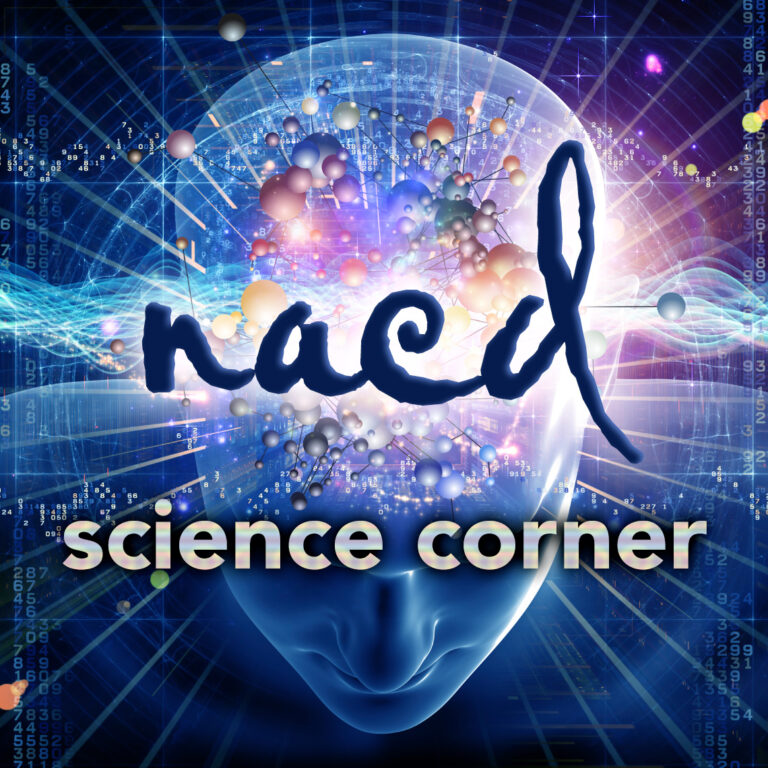Developmental/Therapeutic Intervention: Proactive or Reactive?
by Bob Doman To be proactive is to anticipate, prepare, and intervene based on a long-term vision and perspective. When anticipating the future, you react accordingly before it actually happens. To be reactive is to respond to a situation, rather than creating or controlling it. How does this relate to what we do with our…



